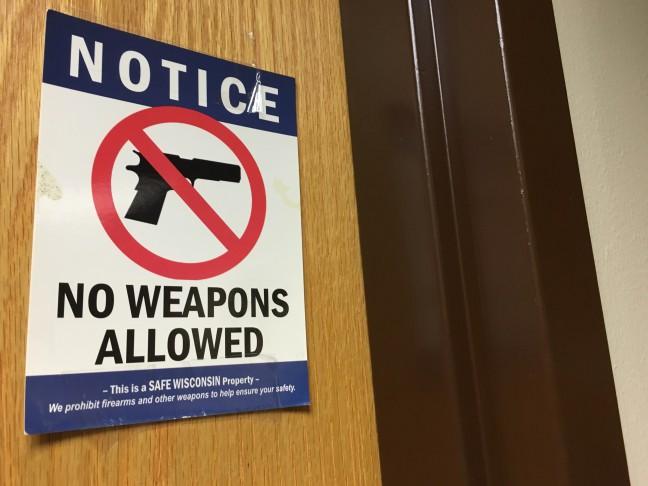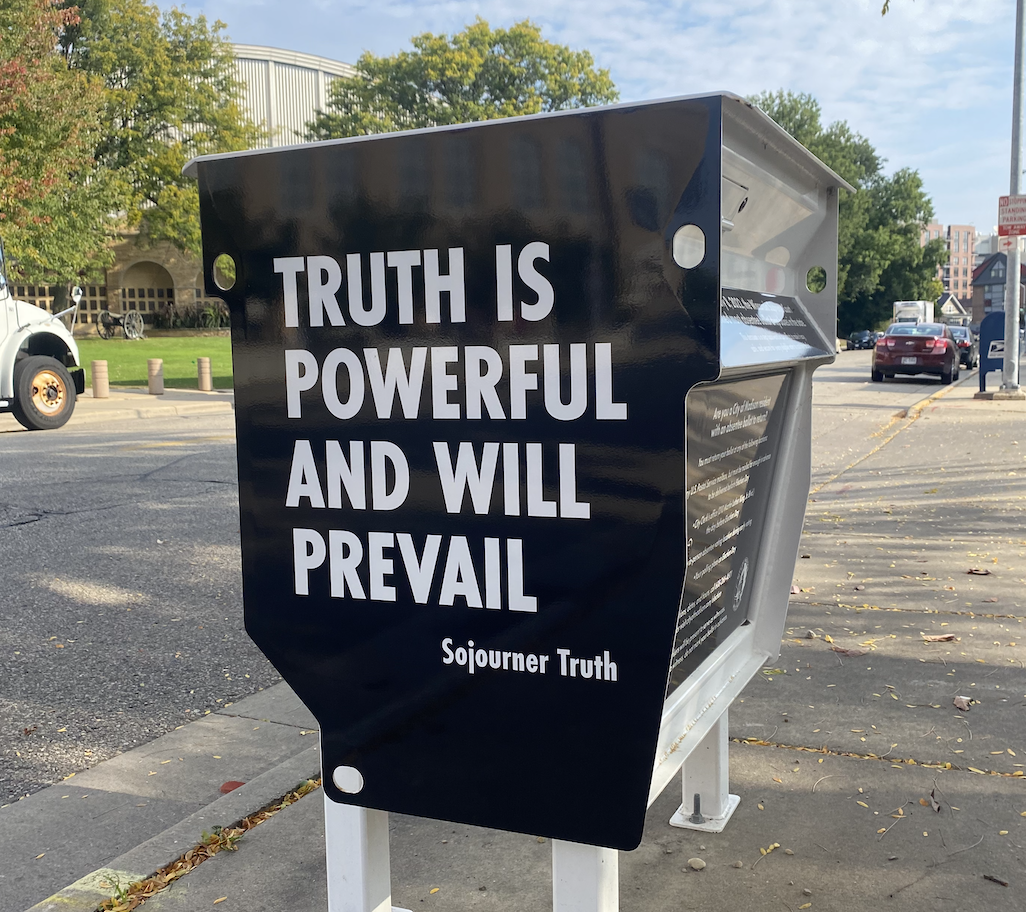Wisconsin’s new Attorney General Josh Kaul delivered his inaugural address earlier this month, in which he advocated for the passage of “red flag” gun laws. Tony Evers has also come out in support of such legislation, and thirteen states across the country have “red flag” laws in some capacity.
“Red flag” laws, also known as Extreme Risk Protection Orders or Gun Violence Restraining Orders, codify a procedure for which family members, friends or law enforcement may petition a judge to grant a firearm confiscation order if the court determines an individual to be a threat to themselves or others.
Advocates believe such confiscation may be helpful in preventing individuals who might have suicidal thoughts or pose a danger to the public. Others believe it to be a way to limit firearm possession for those who become mentally unstable for a variety of reasons — be it depression, anger or psychopathy.
While stopping violence against oneself or others is certainly an admirable goal, there are also glaring legal and constitutional issues with such laws.
As mass shootings continue, Wisconsin, national gun control debates remain polarized
Kaul advocated for red flag laws by explaining that “we can make the situation safer by temporarily disarming that person through a formal process — going to a judge, making sure that the process is temporary and that Second Amendment rights, generally speaking, are protected. A red flag law ought to be a temporary disarming of that person until the danger has been addressed — until a court can weigh in and say this person is now safe.”
He says that rights “generally speaking are protected.” There can be no middle ground when it comes to fundamental rights, and the job of the attorney general is to protect those rights, 100 percent of the time.
When someone has a “red flag” case brought against them, it deprives them of their due process rights. They have not committed a crime and thus may not be deprived of their fundamental rights. An individual’s belief that someone might commit a crime does not constitute sufficient evidence to demonstrate that one may commit a crime. Simply owning a gun does not suggest that a gun owner intends to commit a crime or cause violence. Only when someone takes action toward committing a crime does it becomes a crime. Simply thinking about such activity is not criminal.
The American Civil Liberties Union of Rhode Island wrote that “the breadth of this legislation, its impact on civil liberties, and the precedent it sets for the use of coercive measures against individuals not because they are alleged to have committed any crime, but because somebody believes they might, someday, commit one.”
The key to ending gun violence is simple — stricter gun control
For instance, one might think about harming their friend when they are upset, but the thought isn’t a crime — taking steps toward harming their friend is, such as brandishing a weapon or threatening to harm them. Then one might be inclined to contact police to report a crime — with evidence, of course.
But owning a gun and being angry is not a crime. Neither is having depression.
It is often suggested that “red flag” laws can be used to protect an individual from themselves. In 2016, there were 44,965 suicides — 51 percent of which were by firearm. This is obviously alarming. But this also means 49 percent of suicides were by another means.
It would certainly be a constitutional issue if we were to discriminate against all individuals who have been diagnosed with depression.
Imagine you are a gun owner diagnosed with depression, anxiety or post-traumatic stress disorder. Now imagine the government taking your guns. Being diagnosed with depression is not a crime, and should not under any circumstances be used as evidence to take away an individual’s rights, including their gun rights.
If you have any legitimate reason to believe that someone you know is going to harm themselves, consider talking to them — be a friend. Have them contact the National Suicide Prevention Lifeline at 1-800-273-8255. Government coercion is certainly not the best option.
Students, like legislators, still looking for solutions to gun violence
Consider this case from Anne Arundel County, Maryland. Police arrived at 61-year-old Gary Willis’ house to execute a confiscation. Willis answered the door with a gun in his hand, then put it down as he was speaking with the officers. When officers informed him that they were to confiscate his firearms, he became upset — he picked up the firearm, police wrestled with him, and Willis’ gun went off and struck no one, but one of the officers fatally shot Willis.
The Maryland courts approved the confiscation order following a family member’s request after an incident at the house a few days prior. But another family member said Willis “likes to speak his mind,” but “wouldn’t hurt anybody.”
This is just one of the results of “red flag” laws. While the reasoning for such laws seems legitimate — to protect individuals and the public — it also leads to undesired consequences.
At this point, while Evers and Kaul support red flag laws, it appears that they won’t be passed through the Wisconsin state Legislature. And this is a good thing. Our lawmakers’ jobs are to protect our fundamental rights, and when no crime has been committed, no rights can be deprived.
Andrew Stein ([email protected]) is a senior majoring in political science and economics.














